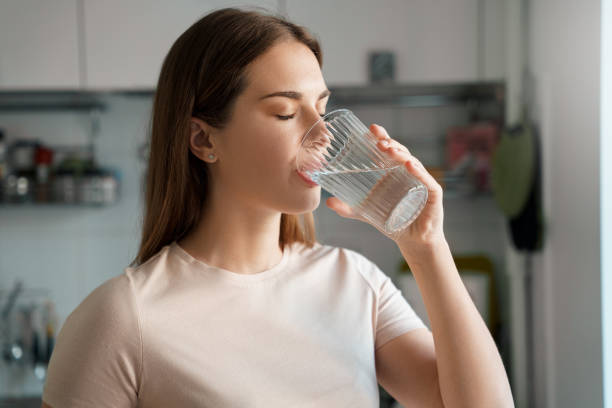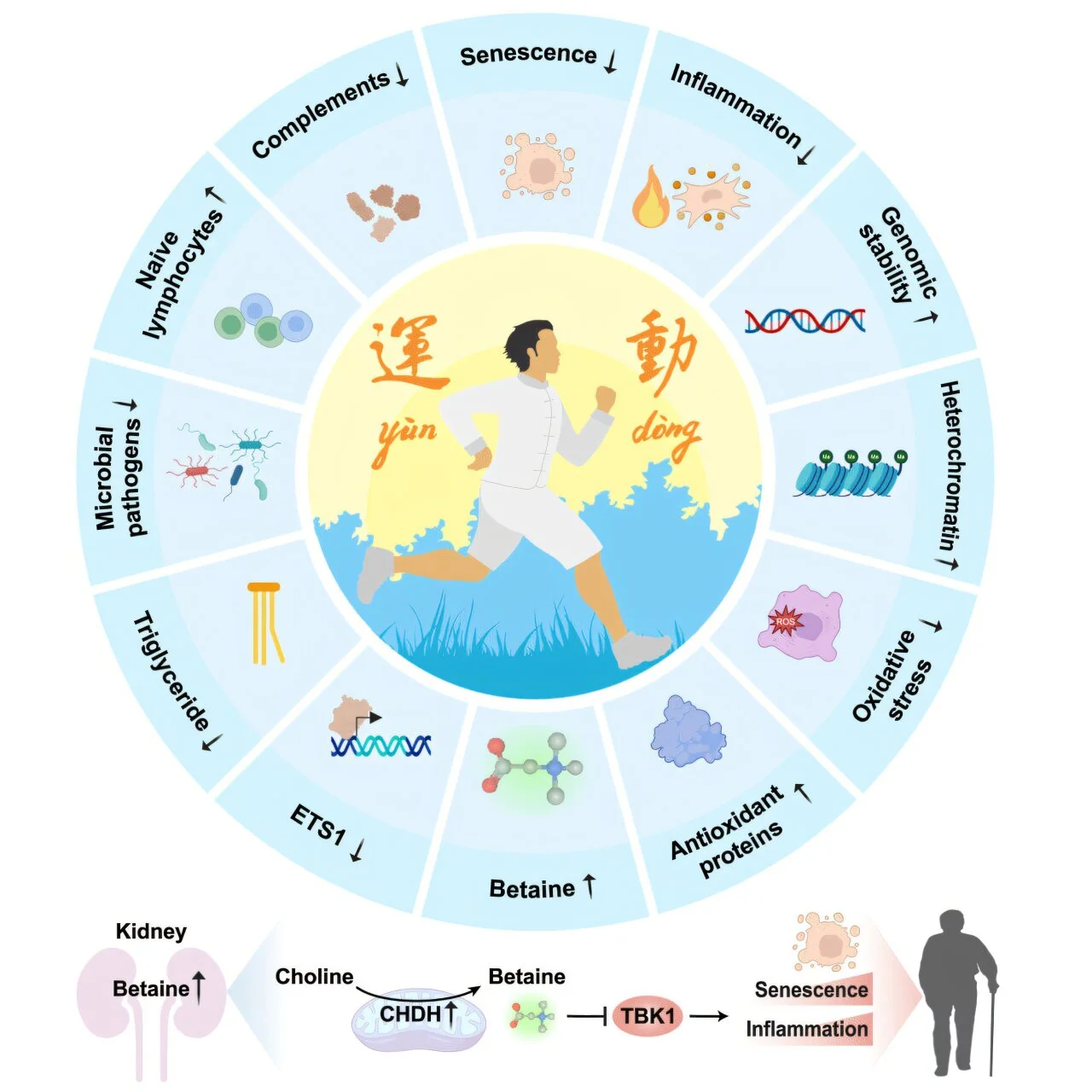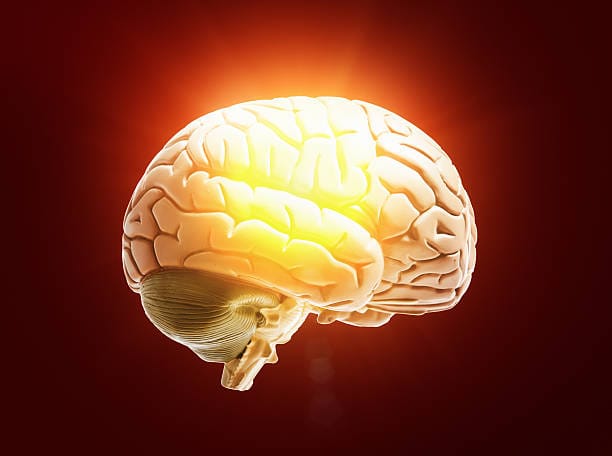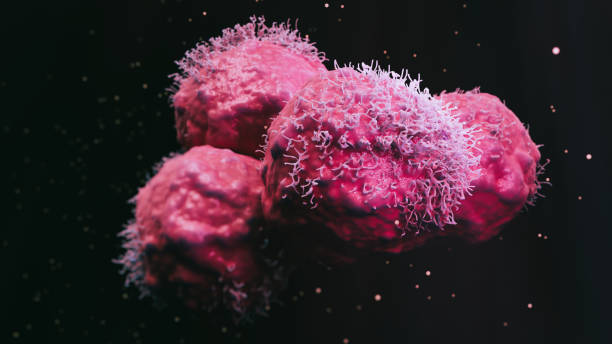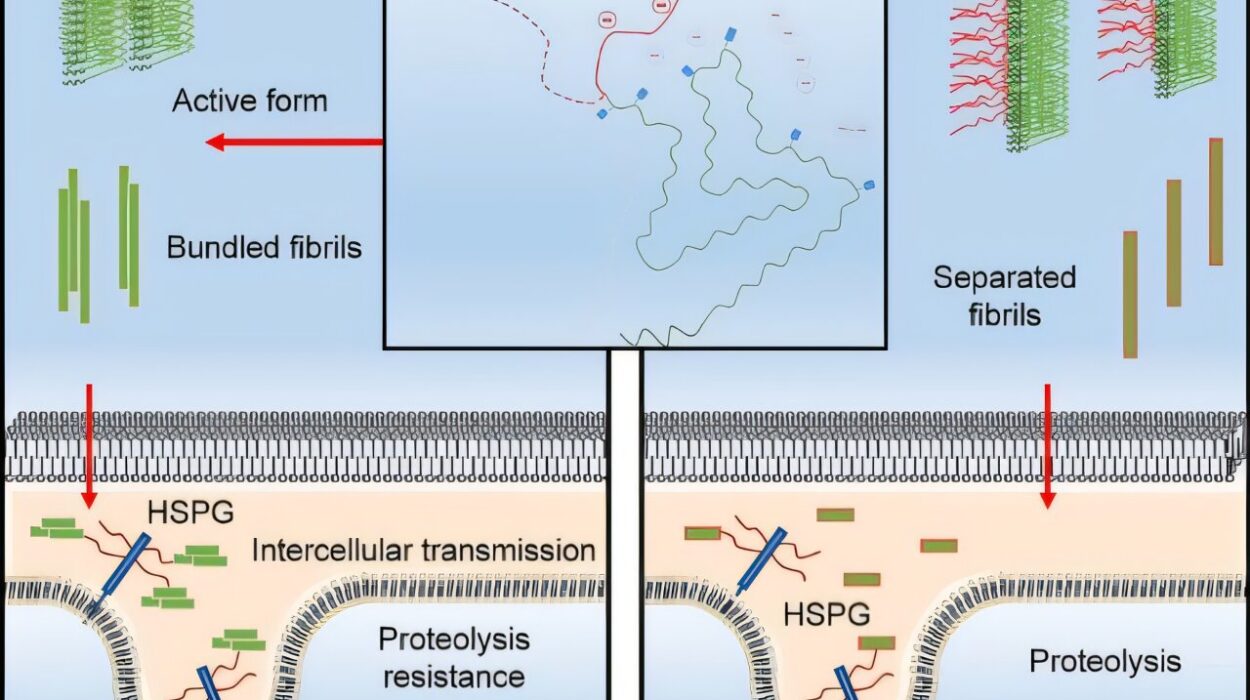Water is life. It flows through every living organism on Earth, shaping ecosystems, fueling biology, and sustaining civilizations. More than 70% of our planet is covered in water, and astonishingly, about 60% of the human body is made up of it. From the moment you wake up with a dry throat to the cool refreshment you feel after a long run, water is the silent partner in your survival.
Yet, despite its importance, many people underestimate how vital water truly is. We sip coffee, sodas, or juices, forgetting that the most powerful, science-backed drink for health is the simplest of all: pure water. Every cell, tissue, and organ in your body depends on water. Without it, life would not just be uncomfortable—it would be impossible.
In this article, we will dive deeply into ten scientifically proven reasons why drinking enough water is essential for your health, performance, and well-being. These aren’t just general tips; they’re grounded in biology, physiology, and years of research. By the end, you’ll see that water isn’t just a drink—it’s your body’s most crucial fuel.
1. Water Regulates Body Temperature
One of the most important functions of water in the body is thermoregulation, or the ability to maintain a stable internal temperature. Humans are warm-blooded, which means our bodies need to stay around 37°C (98.6°F) for survival. Water plays a starring role in making this possible.
When you exercise, spend time in hot environments, or even feel stressed, your body heats up. To cool down, sweat glands release water onto your skin. As that sweat evaporates, it carries heat away, lowering your temperature. This process would be impossible without adequate hydration.
Dehydration reduces your ability to sweat efficiently, making you prone to overheating, fatigue, and heat-related illnesses. That’s why athletes, workers in hot climates, and even everyday people benefit from drinking enough water—it literally keeps the body from boiling over.
In other words, every sip you take helps maintain the delicate balance that allows your body to thrive in all conditions.
2. Water Fuels Physical Performance
If you’ve ever felt sluggish during a workout, chances are you weren’t just tired—you might have been dehydrated. Even a loss of 1–2% of body water can impair physical performance. Muscles are about 75% water, and without adequate hydration, they cannot contract efficiently.
During exercise, water supports blood circulation, delivers oxygen to muscles, and lubricates joints. Without it, fatigue sets in faster, endurance drops, and the risk of cramps and injury rises. Studies consistently show that athletes who stay well-hydrated perform better, recover faster, and reduce strain on their bodies.
It isn’t just elite athletes who benefit. Everyday activities—walking, gardening, playing with children—are smoother when your body has enough fluid to keep muscles and joints working seamlessly. Water is, quite literally, the oil that keeps your biological engine running.
3. Water Boosts Brain Function
Your brain may only make up about 2% of your body’s weight, but it consumes around 20% of your energy—and water is central to its function. Brain tissue is about 73% water, and even mild dehydration can affect memory, focus, and mood.
When you’re dehydrated, your brain cells shrink slightly, leading to mental fatigue. Studies have found that inadequate hydration can impair attention span, slow reaction times, and increase feelings of anxiety and irritability. On the other hand, drinking enough water improves cognitive performance, making you sharper and more alert.
Think of water as brain fuel. Just as your phone needs electricity to operate, your brain needs hydration to process information efficiently. A single glass of water can sometimes do more for your concentration than another cup of coffee.
4. Water Aids Digestion and Nutrient Absorption
Every bite of food you eat depends on water to transform it into fuel. From the moment you chew, saliva—mostly made of water—begins breaking down carbohydrates. As food moves through your digestive tract, water mixes with stomach acids and enzymes, helping break down proteins, fats, and other nutrients.
But digestion doesn’t stop there. Water also dissolves vitamins and minerals, making it easier for your intestines to absorb them into the bloodstream. Without enough water, the digestive process slows, leading to bloating, indigestion, and constipation.
Fiber, often praised for digestive health, relies on water to do its job. Soluble fiber absorbs water to form a gel-like substance, slowing digestion and helping regulate blood sugar, while insoluble fiber needs water to bulk up stool and promote healthy bowel movements.
In short, water doesn’t just quench thirst—it makes every meal count by ensuring your body extracts the nutrients it needs to thrive.
5. Water Removes Waste and Toxins
Your body is like a bustling city, and cells are constantly generating waste products. If these wastes were allowed to build up, they would poison you. Water is the sanitation system that keeps everything clean.
The kidneys filter about 50 gallons of blood every single day, removing waste products like urea, salts, and toxins, and excreting them as urine. Without adequate water, this filtration system slows down, making the kidneys work harder and increasing the risk of kidney stones and urinary tract infections.
Water also supports detoxification in other ways. It carries carbon dioxide out of the body through respiration and flushes toxins through sweat. In essence, water acts as your body’s natural cleansing agent, washing away harmful substances and keeping your internal environment safe.
Next time you drink a glass of water, imagine it scrubbing your system clean—because in a very real sense, that’s exactly what it’s doing.
6. Water Supports Healthy Skin
Your skin is the largest organ of your body, and it depends on water for health and vitality. Dehydration causes the skin to lose elasticity, appear dull, and become more prone to fine lines and dryness.
Water helps deliver nutrients to skin cells and maintains moisture in the deeper layers of the dermis. Proper hydration plumps the skin, giving it a youthful glow, while dehydration makes it look tired and aged. Although external moisturizers help, true hydration begins from within.
Some research suggests that drinking enough water improves blood circulation to the skin, enhancing its ability to repair and regenerate. While water isn’t a miracle anti-aging treatment, it is one of the simplest and most effective ways to keep your skin radiant.
Beauty really does begin with water.
7. Water Helps Maintain a Healthy Weight
Water plays a surprising role in weight management. For starters, it has zero calories, making it the perfect replacement for sugary drinks. Just swapping sodas or juices for water can dramatically reduce daily calorie intake.
But there’s more. Drinking water before meals has been shown to promote satiety, reducing appetite and leading people to eat fewer calories. Cold water may also slightly boost metabolism as the body works to warm it to core temperature.
In addition, water helps the body burn fat more effectively. When the body breaks down fat for energy, the process—called lipolysis—requires water molecules. Without enough hydration, fat metabolism slows.
While water alone won’t cause weight loss, it is a powerful tool for anyone trying to maintain a healthier lifestyle. It supports metabolism, reduces cravings, and keeps your body functioning at peak efficiency.
8. Water Protects Joints and Tissues
Every movement you make, from bending a knee to turning your head, relies on water. Joints are cushioned by cartilage, a tissue that is about 80% water. When you’re dehydrated, cartilage loses its ability to absorb shock, leading to stiffness and discomfort.
Water also lubricates joints through synovial fluid, a slippery liquid that reduces friction between bones. Without enough water, movement becomes harder and more painful, increasing the risk of injuries and conditions like arthritis.
Beyond joints, water cushions vital organs, protects the spinal cord, and surrounds the brain with cerebrospinal fluid. Essentially, water acts as the body’s natural shock absorber, keeping tissues safe and movement smooth.
9. Water Strengthens the Immune System
Your immune system, your body’s defense against infections and diseases, also depends on water. Hydration supports the production of lymph, a fluid that carries immune cells throughout the body, identifying and neutralizing threats.
Water helps transport oxygen and nutrients to cells, empowering the immune system to function effectively. It also flushes out toxins and waste that can weaken immunity. Even your mucous membranes, which line the respiratory and digestive tracts, rely on water to stay moist. These membranes act as barriers against pathogens—when they dry out, viruses and bacteria have an easier time invading.
By staying hydrated, you’re not just quenching thirst—you’re arming your body’s natural defense system.
10. Water Extends Longevity and Quality of Life
Ultimately, water is not just about preventing thirst—it is about sustaining life itself. Chronic dehydration has been linked to increased risk of kidney disease, urinary tract problems, and even cognitive decline. On the other hand, consistent hydration is associated with healthier aging.
Every system in your body—from circulation and digestion to brain function and immunity—works better when you are well-hydrated. Over decades, these small advantages add up, leading to a longer, healthier life.
Think of water as an investment in your future. Each glass strengthens your heart, nourishes your brain, protects your organs, and supports the daily miracles of life happening inside you.
Conclusion
Water is the most essential nutrient, yet it is often overlooked. It regulates temperature, boosts performance, powers the brain, aids digestion, flushes waste, beautifies skin, supports weight management, cushions joints, fortifies immunity, and extends life. Science leaves no doubt: hydration is not optional—it is the foundation of health.
So the next time you reach for a drink, remember that water is not just a habit, but a lifeline. It is the simplest, most powerful step you can take for your body and mind. With every sip, you’re not just quenching thirst—you’re fueling the extraordinary miracle of life.
